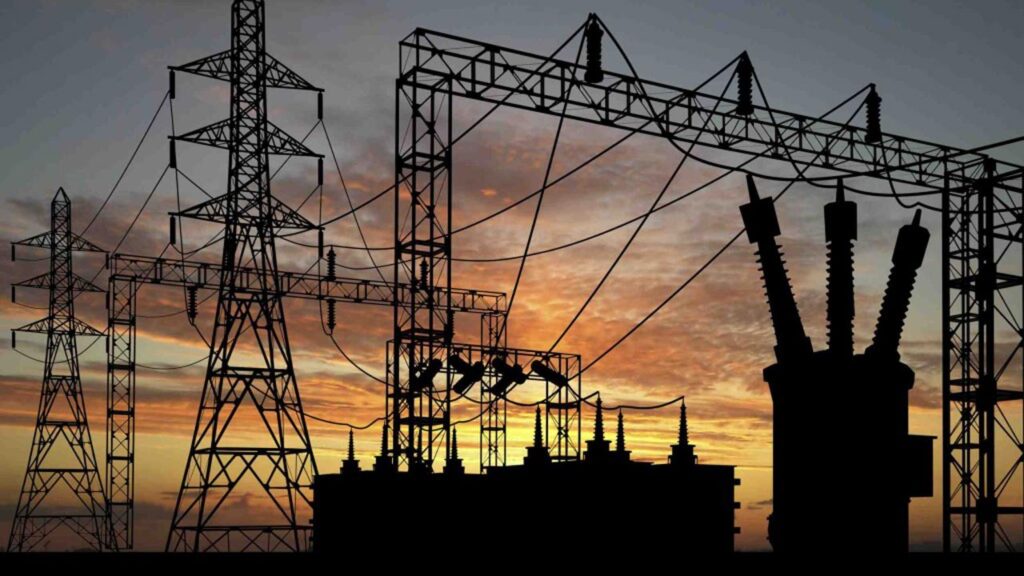
Nigeria Records Peak in Power Generation, Hits 5,801.84 megawatts
Nigeria’s power sector has reached a new milestone, recording a peak power generation of 5,801.84 megawatts (MW) and a maximum daily energy output of 128,370.75 megawatt-hours (MWh)—the highest ever achieved in the country’s electricity industry. This historic feat was announced by Bolaji Tunji, Special Adviser on Strategic Communication to the Minister of Power, Adebayo Adelabu, in a statement released in Abuja.
The milestone was attained on March 4, 2025, at 21:15 hrs, reflecting steady progress in the sector despite ongoing challenges. Minister Adelabu described the achievement as a significant leap forward in Nigeria’s efforts to meet growing energy demands, driven by ongoing reforms and the commitment of President Bola Tinubu’s administration to ensure stable electricity supply to boost the nation’s economy.
The Transmission Company of Nigeria (TCN) successfully transmitted the peak generation of 5,801.84 MW at a frequency of 49.69 Hz, which was optimally utilized by distribution companies (DisCos) during peak hours. This surpasses previous records, including a peak generation of 5,713.60 MW and a maximum daily energy output of 125,542.06 MWh on March 2, 2025, and a peak generation of 5,543.20 MW with a daily energy output of 125,159.48 MWh on February 14, 2025.
The Minister emphasized that these achievements underscore the sector’s growing capacity to meet energy demands and reflect the success of ongoing reforms. He highlighted the importance of the recent tariff review, which has improved liquidity in the sector and created a more sustainable and investment-friendly environment. The regularization of tariffs is expected to unlock the sector’s full potential, paving the way for increased private sector participation and infrastructure development.
To sustain these improvements, the government plans to address tariff shortfalls of N1.94 trillion for 2024 and legacy debts of N2 trillion owed to generation companies (GENCOs). The Minister stressed the need for continued tariff reforms to ensure consumers pay for the energy they consume, which will help move the sector closer to achieving 7,000 MW of available generation capacity.
Minister Adelabu called for continued collaboration from all stakeholders, including state governments, private sector players, and the general public, to sustain these achievements and drive further progress. He acknowledged that while significant strides have been made, more work is needed to build a stable, reliable, and efficient power sector that meets the needs of all Nigerians.
Since the Tinubu administration took office in 2023, the Ministry of Power has implemented multiple reforms, including the signing of the Electricity Act of 2023, the development of the National Integrated Electricity Policy (NIEP), and tariff reforms. These efforts have laid the foundation for the recent milestones in the Nigerian Electricity Supply Industry (NESI).
On March 2, 2025, Nigeria achieved a record available power generation of 6,003 MW, the highest in the nation’s history. This was followed by the peak generation evacuation of 5,801.84 MW and the daily maximum energy output of 128,370.75 MWh on March 4, 2025. Additionally, on March 5, 2025, the sector recorded a maximum daily energy output of 128,370.84 MWh, surpassing the 125,159.48 MWh achieved in February 2025. This increase reflects a rise in commercially viable demand, indicating progress in power generation, transmission, distribution, and utilization.
These achievements mark a turning point for Nigeria’s power sector, signaling a brighter future where businesses can thrive, households can enjoy uninterrupted power supply, and the economy can grow sustainably. The government remains committed to building on these successes to ensure a reliable and efficient power sector for all Nigerians.
